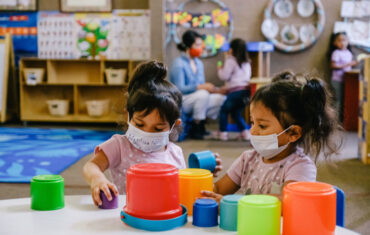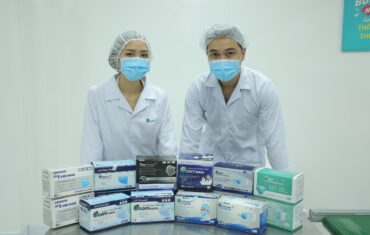Departures from standard protective suits practices to stretch limited supplies place hospital staff as well as patients at heightened risk for virus transmission. And the stress experienced by staff now starts even before such conservation measures are taken. Clinical leaders at institutions admitting COVID-19 patients report staff tensions rising as soon as they see protective suits dwindling in supply closets. The stress can be particularly pronounced for staff in high-risk groups and who have young families at home.
How to find additional protective suits nearby
To bolster supplies, a growing number of hospitals have turned to their local communities. Then, they received meaningful donations of face masks and other part of protective suits from local businesses not associated with health care.
How are they making those asks?
In general, hospitals seeing a return on such efforts publicize a list of the supplies they need through press releases, social media, and other broad channels. They also can contact information for how to donate. They caution against overinvesting in more targeted outreach because the size of individual donations tends to be modest. Additionally, local companies seem inclined to act proactively right now.
Which businesses should you be asking for protective suits?
There are a handful of non-health care businesses that regularly use protective suits suitable for the hospital setting, particularly masks and gloves. They may have larger amounts of stock on hand. Below is a list of these businesses.
- Non-health care businesses to turn to for PPE:
- Construction companies;
- Woodworking, painting, industrial coating companies;
- Welding suppliers;
- Marine suppliers;
- General industrial suppliers;
- Automotive stores;
- Heavy equipment, worksite machinery rental companies
- Cleaning companies (especially fire, water and mold restoration franchises)
- Agriculture companies
During the current health care crisis, many businesses feel it has a genuine responsibility to contribute to the safety of patients, their families and the medical professionals caring for these patients. They are making in response to urgent calls for needed equipment and supplies. These businesses have already proven to help frontline health care workers – both in the United States and globally – stay safe and healthy while caring for those affected by COVID-19.






